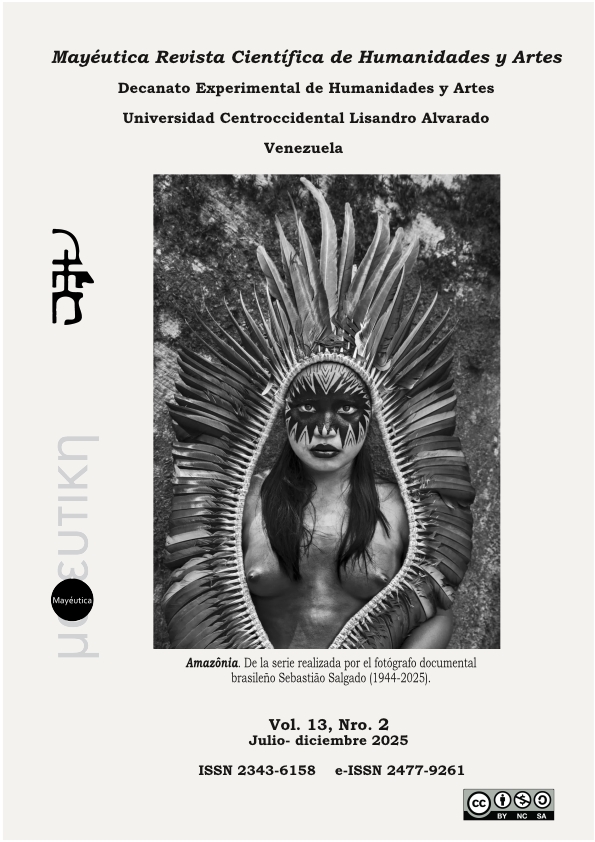Raíces documentary film
DOI:
https://doi.org/10.5281/zenodo.16879069Keywords:
documentary films, montuvia culture, EcuadorAbstract
The documentary describes the daily life of a small rural town called Salitre. This is where Brigitte Arreaga, a young film student who travels to the city of Guayaquil to pursue her higher education, was born. This audiovisual production explores aspects of rural life and modern city life, in this case, the city of Guayaquil, through Briggite's eyes. It also presents elements of the montuvio traditions of this population and their forms of representation, such as the montuvio rodeo, horse races along the riverbank, the proclamation of true love, and popular festivals. The Montuvia culture represents the culture of the rural areas of the Ecuadorian coast. This culture is a mixture of the original populations of these regions, the Spanish colonizers, and the Afro-descendant people. It is based on oral tradition, music, dance, and its relationship with the countryside and agriculture.
Downloads
References
López, C y Serrano, C (2023). El documental–ensayo como método de investigación. En Manipulación en imágenes visuales y sonoras en ficción y no ficción. Dykinson.
Published
How to Cite
Issue
Section

This work is licensed under a Creative Commons Attribution-NonCommercial-ShareAlike 4.0 International License.





